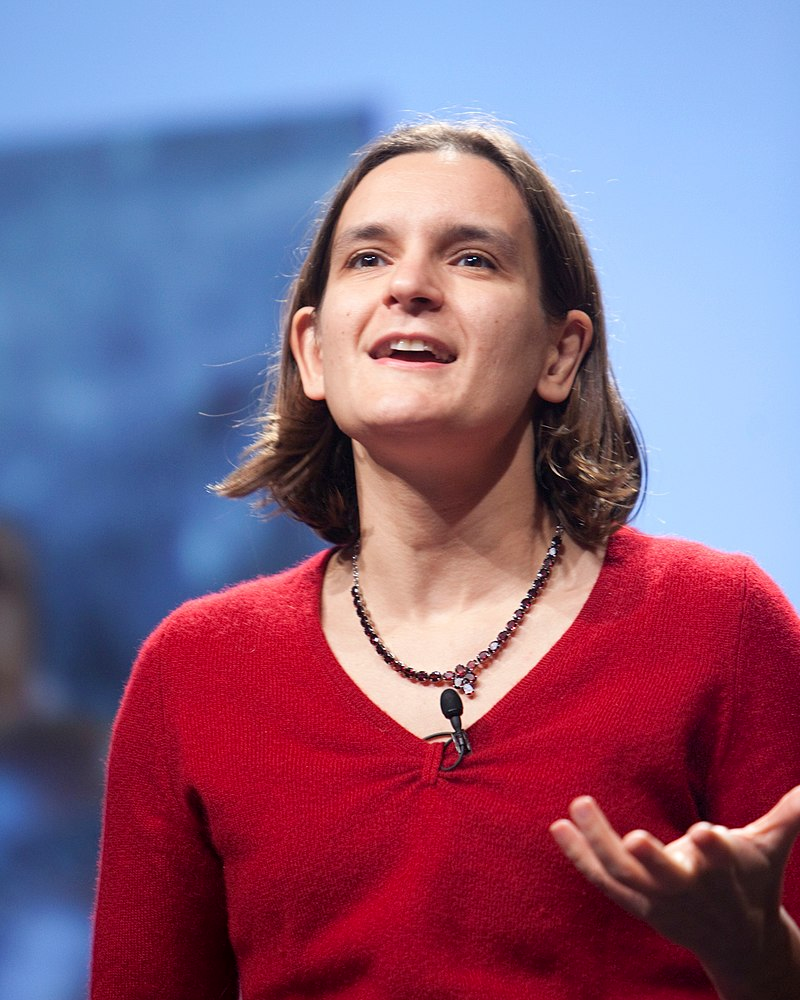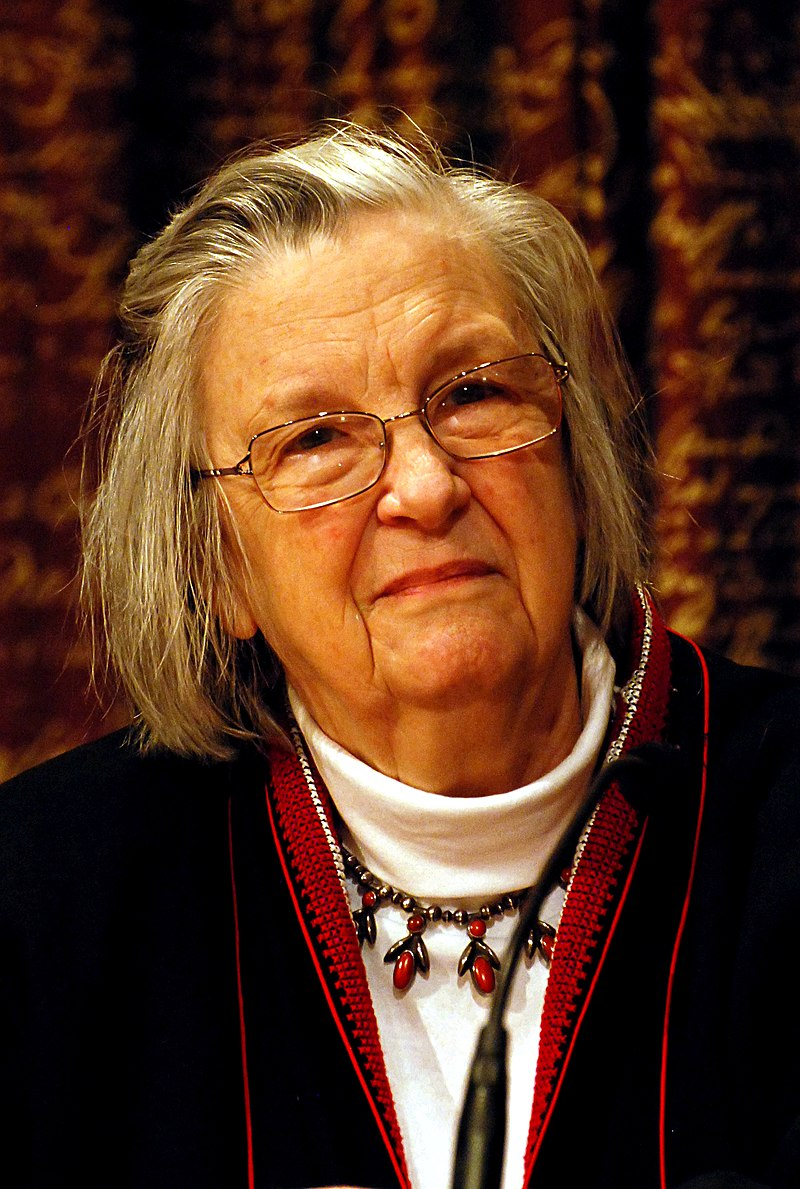Women in Economics
Why Should I Care?
Women have made important contributions to the field of Economics which may go unnoticed in a field dominated by men. We encourage you to learn about these wonderful women and their ideas.
This lesson has 4 parts
- Nobel Winners
- Women Economists in the World
- Women Economists in Canada
- Feminist Economics
Who are the Women in Economics?
Most economists happen to be men, as is the case for the author of this manual. This has implications for the discipline of economics, and the focus of research. It is important for students of all backgrounds to feel as though they can contribute to the field, and we would like to inform students of who these women were, and how important their contributions are to economics.
Please consider that not all women economists consider themselves to be feminist economists. Some of the people we present in this section were working on very conservative aspects of economic policy or theory, such as the brilliant Anna Schwartz, who was the co-author on Milton Friedman's famous book, A Monetary History of the United States, 1867-1960. Some women economists fall into a gender analysis almost by accident. Consider Anke Becker, whose mastery of statistical analysis has allowed her to identify the root causes of patriarchy in religious history. Becker's main economic interest is a sub-field called 'econometrics', yet she has stumbled into some fascinating empirical results. Finally there are many women in economics who are acting to research and analyze aspects of economics that pertain to women directly, such as Marilyn Waring, whose famous book If Women Counted formed the foundation feminist economics.
Women are part of the economy, and their voice is important.
SherryIf Cooperyou are interested in Canada,
more about women economists, consider this ranking of the top female economists in the world, by number of academic publications: https://ideas.repec.org/top/top.women.htmlhtml.
video here
-
Nobel Winners
There 61 women holders of a Nobel prize, of which only 2 in economics, which is awarded by the central bank of Sweden and called the Sveriges Riksbank Prize in Economic Sciences in Memory of Alfred Nobel.
Esther Duflo (Nobel)Banerjee
ExperimentalPhoto approachcredit: Kris Krug, https://en.wikipedia.org/wiki/Esther_Duflo#/media/File:Esther_Duflo_-_Pop!Tech_2009_-_001_(cropped).jpg
French economist Esther Duflo teaches at the Massachusetts Institute of Technology, and won the Nobel award in 2019 for her work in experimental approaches to alleviating global povertypoverty. The award was also given to Abhijit Banerjee and Michael Kremer.
Elinor Ostrom
Photo credit: Holger Motzkau, https://en.wikipedia.org/wiki/Elinor_Ostrom#/media/File:Nobel_Prize_2009-Press_Conference_KVA-30.jpg
Elinor Ostrom (Nobel)
Commons
Elinor Ostrom was a political scientist who in 2009 became the first-ever woman to receive the prestigious Nobel Memorial Prize in Economic Sciences, along with economist Oliver Williamson.
-
Women Economists in the World
Joan Robinson
Monopolistic Competition
Janet Yellen
Fed chairwoman
chair of the Federal Reserve from 2014 to 2018
Anna Schwartz
https://en.wikipedia.org/wiki/Anna_Schwartz
Betsey Stevenson
Labour Economics
Bronwyn Hughes Hall
Innovation Economics
Anke Becker
Herding and Gender Roles
Marianna Mazzucatto
“The Big Con: How the Consulting Industry Weakens our Businesses, Infantilizes our Governments and Warps our Economies”
Kate Raworth
Doughnut Economics, Oxfam
Jane Jacobs
Urban innovation, Development, Ecological economics
-
Women Economists in Canada
paragraph
Sherry Cooper
Nicole M. Fortin
https://sites.google.com/view/nicole-m-fortin
Ruth Rose UQAM
Emanuela Cardia
UdeM
Margarida Duarte
UofT
Nora Traum
HEC
Margaret Emily Slade
UBC
Silvia Goncalves
McGill
-
Feminist Economics
https://en.wikipedia.org/wiki/Feminist_economics
International Association for Feminist Economics (IAFFE)
https://www.feministeconomics.net/
References and Further Reading
APA style references
Aligica, P. D. & Boettke, P. J. ()2009). Challenging Institutional Analysis and Development: The Bloomington School 1st Edition.Edition. Routledge. https://www.routledge.com/Challenging-Institutional-Analysis-and-Development-The-Bloomington-School/Aligica-Boettke/p/book/9780415778213
Friedman, M. & Schwartz, A. J. (1971). A Monetary History of the United States, 1867-1960.
Rochon, O. (2019). Ruth Rose, économiste au féminin. Revue vie économique, vol. 1, n. 4. https://iref.uqam.ca/wp-content/uploads/sites/56/2019/07/Hommage_Ruth_Rose.pdf
Waring, M. (1988). If Women Counted, A New Feminist Economics. Harper & Row.


